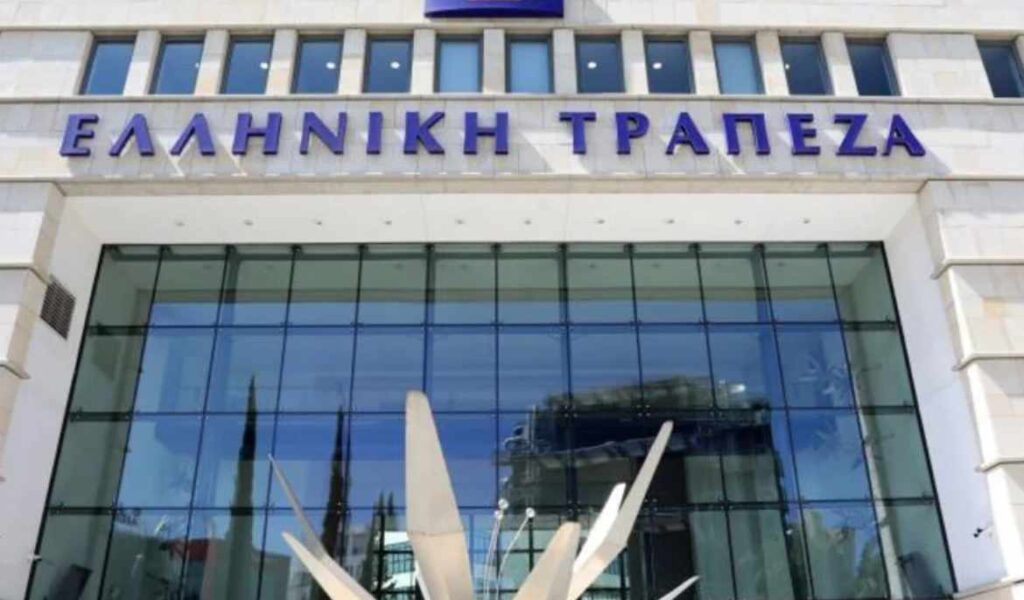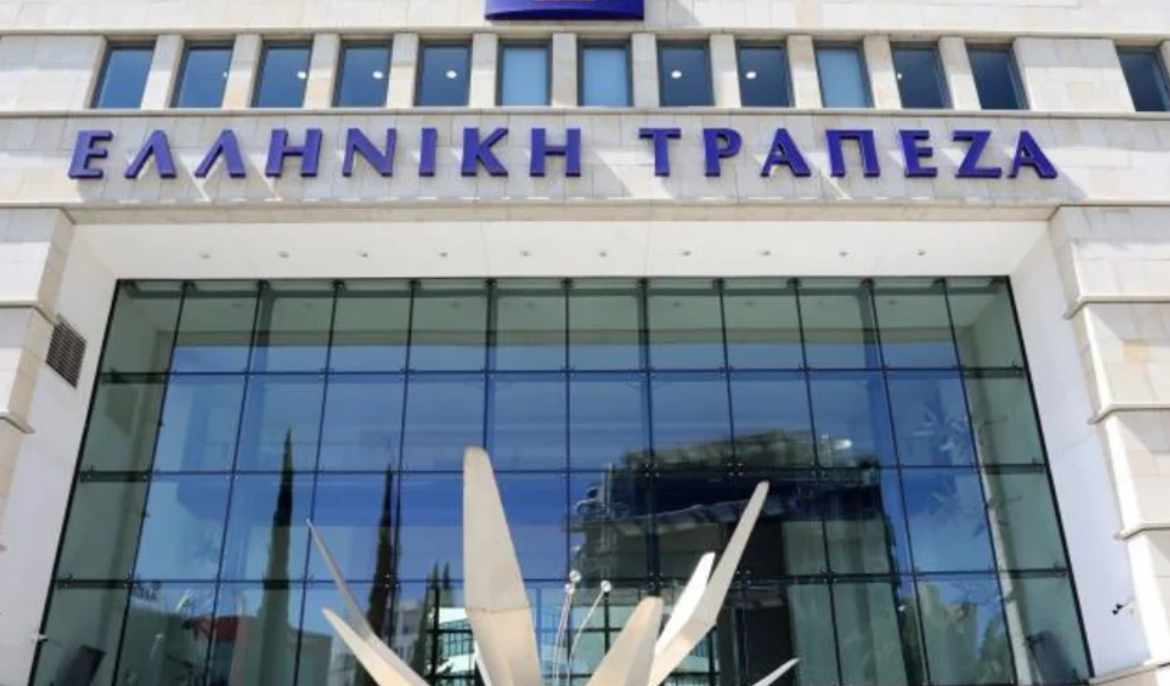Credit rating agency Moody’s on Wednesday upgraded the baseline credit assessment (BCA) and adjusted BCA of Hellenic Bank, shifting its outlook from stable to positive.
Specifically, the agency raised the bank’s BCA from ba1 to baa3, its long-term deposit rating from Baa2 to Baa1, and its senior unsecured debt rating from Ba1 to Baa3.
The decision was based on a combination of factors, including Moody’s expectations that Hellenic Bank will maintain its improved financial strength.
Additionally, the recent one-notch upgrade of Eurobank S.A.’s ratings, which now holds stable long-term deposit ratings at Baa1 and a BCA of baa3, signals a greater capacity to support Hellenic Bank if necessary.
The agency explained that Hellenic Bank’s BCA upgrade reflects expectations that the bank will sustain its improved solvency profile.
Moreover, the agency highlighted that the quality of the bank’s assets has stabilised at improved levels.
Moody’s further stated that exposure to non-performing loans is expected to remain at current levels in the coming years, supported by Cyprus’ strong macroeconomic conditions, lower lending rates, and the bank’s selective lending practices. Notably, 99.6 per cent of loans issued since 2018 are performing.
What is more, Moody’s anticipates that profitability will decline from current highs as interest rates stabilise.
However, earnings are expected to remain stable, supported by low loan loss provisions, improved returns, and higher non-financial income generated by the bank’s pending acquisition of the Cypriot subsidiary of CNP Assurances (CNP).
According to Moody’s, Hellenic Bank maintains a very high Common Equity Tier 1 (CET1) capital ratio of 28.7 per cent, including 2024 profits, compared to 22.8 per cent at the end of 2023.
Although the CET1 ratio is expected to decline to approximately 26 per cent following the acquisition of CNP, it will remain strong, supported by improved internal capital generation and moderate loan growth.
In addition, the agency pointed out that risks to the bank’s capital position have diminished.
Moody’s assessment also reflects the bank’s low-cost funding structure, which is based on retail deposits, as well as its abundant liquid assets.
Long-term benefits from Eurobank acquisition
Moody’s also examined Hellenic Bank’s acquisition by Eurobank, which already holds a 93.5 per cent stake and has submitted a proposal to acquire the remaining shares.
Eurobank plans to exercise its squeeze-out rights to gain full ownership of the bank.
Following this, Eurobank intends to delist Hellenic Bank’s shares from the Cyprus Stock Exchange and merge it with Eurobank Cyprus Ltd, its Cypriot subsidiary.
Moody’s stated that the acquisition by Eurobank “provides a clearer and more focused strategic direction with long-term benefits, including access to expertise and greater integration within the Eurobank Group.”
It pointed out that this would benefit Hellenic Bank in corporate banking, private banking, and wealth management.
The agency also assessed the likelihood of minimal loss in the event of the bank’s failure, resulting in a three-notch upgrade from the adjusted BCA to baa3 in its partner risk ratings.
Stable outlook and potential future upgrades
Meanwhile, Moody’s also maintained a stable outlook for Hellenic Bank’s long-term deposit and senior unsecured debt ratings, reflecting expectations of generally stable financial metrics supported by Cyprus’ strong macroeconomic environment.
This outlook also takes into account the bank’s upcoming debt maturities and planned refinancing.
The agency stated that further upgrades could occur if the bank’s domestic operating environment improves and if its overall asset quality profile continues to strengthen while maintaining stable profitability, strong funding, liquidity, and capital ratios.
Additionally, the bank’s ratings could benefit from a higher buffer through more junior instruments if its liability structure changes following Eurobank’s full acquisition, increasing available buffers for loss absorption.
Moody’s also noted that assumptions of moderate parental support from Eurobank stabilise Hellenic Bank’s adjusted BCA and ratings, limiting the risk of a downgrade.
A potential downgrade would require a combination of a weakening operating environment, a deterioration in Hellenic Bank’s fundamental financial metrics, and a downgrade of Eurobank’s BCA from baa3.



